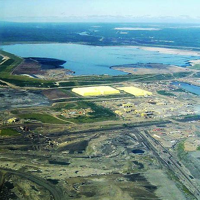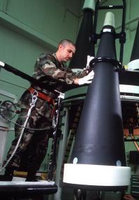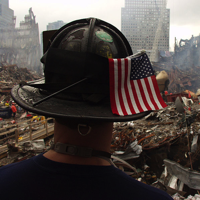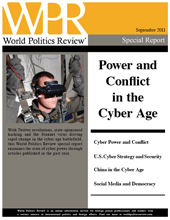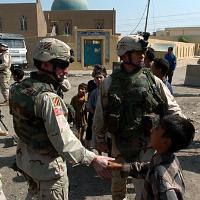
What future does the United States Army face? During eight years of operations in Iraq and 10 years in Afghanistan, the Army has shifted from being a force focused on high-intensity conventional operations to one more comfortable fighting a dispersed enemy intermingled with the population. However, operations are winding down in Iraq, and an endpoint seems to be nearing in Afghanistan. Armed with the collective experience developed in the War on Terror, how will the Army move forward to face new challenges and threats? The answers involve political and military considerations that may contradict each other. The fact that the […]

